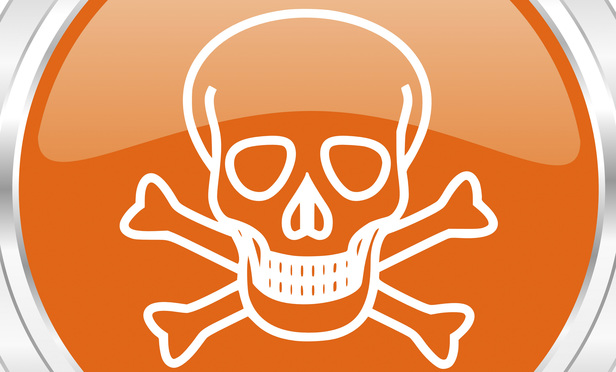In the past year, communicable disease outbreaks have dominated the headlines. Ebola arrived in the United States last fall; measles resurged this winter; and this year’s influenza strains were some of deadliest in recent memory. In light of these public health threats, employers are struggling to ascertain their rights and obligations toward their workforce, including those who are infected, exposed, or at-risk.
What Is a Communicable Disease?
Communicable diseases are medical conditions that can be passed from one person to another. They vary widely in severity, ranging from minor illnesses like the common cold to acute conditions like Ebola. Communicable diseases also differ in method of transmission, with some conditions like influenza being transmitted through contact with an infected person or surface, and other conditions like tuberculosis being transmitted without any such contact.
This content has been archived. It is available through our partners, LexisNexis® and Bloomberg Law.
To view this content, please continue to their sites.
Not a Lexis Subscriber?
Subscribe Now
Not a Bloomberg Law Subscriber?
Subscribe Now
LexisNexis® and Bloomberg Law are third party online distributors of the broad collection of current and archived versions of ALM's legal news publications. LexisNexis® and Bloomberg Law customers are able to access and use ALM's content, including content from the National Law Journal, The American Lawyer, Legaltech News, The New York Law Journal, and Corporate Counsel, as well as other sources of legal information.
For questions call 1-877-256-2472 or contact us at [email protected]






